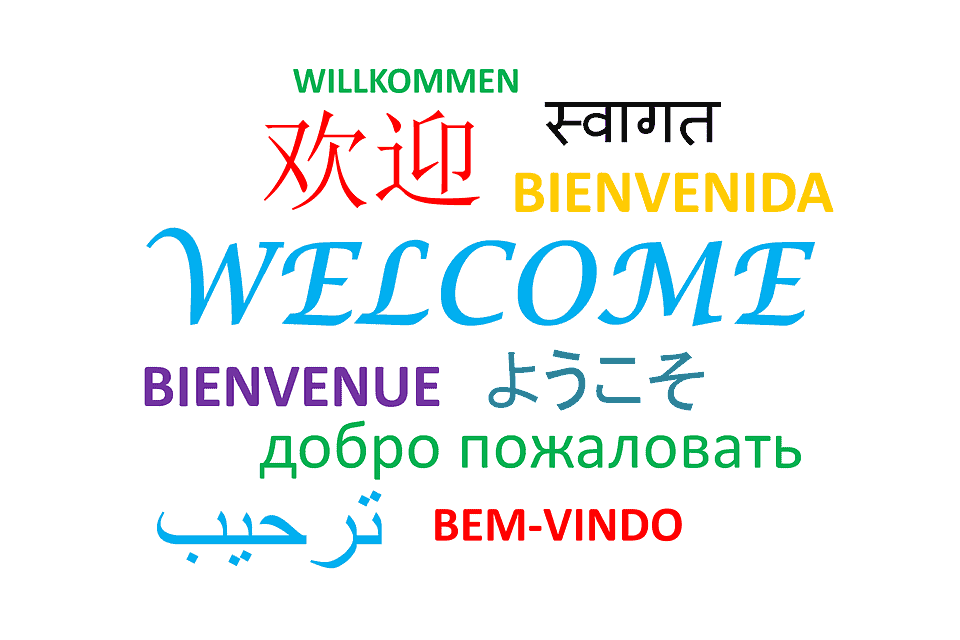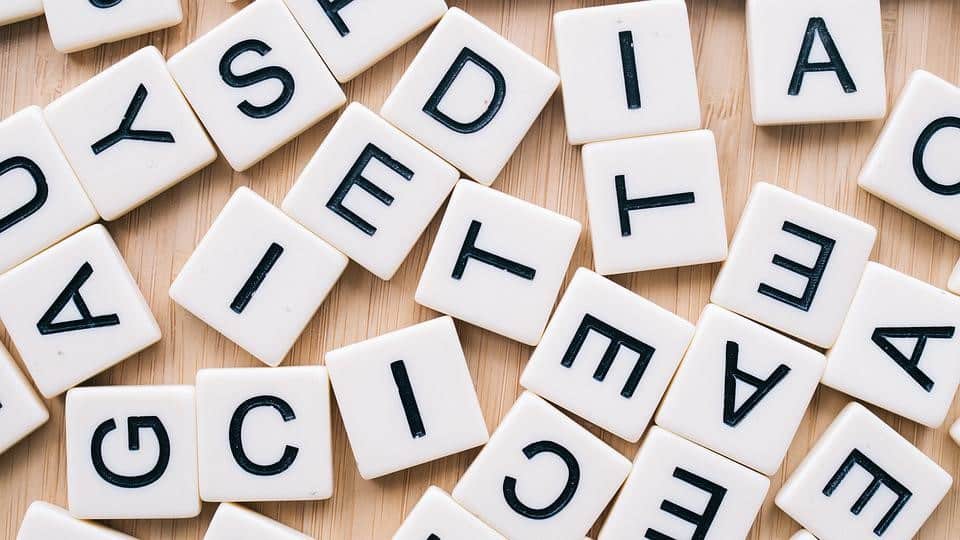
Anyone can learn a second language-all it takes is some dedication and the right tools in place. Contrary to popular belief, you don’t have to be a genius or attend special classes in order to become bilingual. In fact, with enough practice and the right techniques, anyone can do it!
1) Immersion
There are many different methods that you can use to learn a new language. One popular method is immersion, where you are surrounded by the language and forced to use it in order to communicate. This can be done by traveling to a country where the language is spoken, or even by watching movies and TV shows in the target language. If you want to learn to speak Arabic, for example, you could watch Arabic movies with subtitles, or travel to an Arabic-speaking country. Immersion is a great way to learn a new language quickly and effectively.
2) Apps and software
In today’s tech-savvy world, there are many different apps and software programs that you can use to learn a new language. Duolingo is a popular app that uses games and activities to teach new vocabulary and grammar rules. There are also many software programs that you can use to learn a new language, such as Rosetta Stone. These programs usually include lessons on grammar, vocabulary, and culture, and some even have immersion programs built-in.
3) Classes
If you want to learn a new language the traditional way, you can always attend classes. There are many different language schools that offer classes for all levels, from beginner to advanced. You can also find classes online, or even in your local community. Learning in a class setting can be beneficial, as you will have the opportunity to practice with other students and get feedback from a qualified instructor.
For example, if you want to learn Spanish, you could take a beginner’s class at a local language school. Or, if you’re more advanced, you could take an online class or even attend an immersion program in Spain.
4) Practice, practice, practice
Of course, no matter which method you choose to learn a new language, practice is essential. One way to practice is to find a native speaker of the language you’re learning and have conversations with them. You can also practice by writing in the new language, or even by listening to native speakers and repeating what they say. The more you practice, the better you’ll become at using the new language.
5) Don’t be afraid to make mistakes
When learning a new language, it’s important to remember that everyone makes mistakes. Don’t be afraid to make them, as they’re part of the learning process. Instead, use them as an opportunity to learn and improve your skills.
For example, if you’re practicing your Spanish with a native speaker and you make a mistake, they will likely correct you. This is an opportunity for you to learn the correct way to say something. So don’t be afraid to make mistakes-they’re part of the learning process!
6) Be patient
Learning a new language takes time and patience. Don’t expect to become fluent overnight-it takes months or even years to reach that level. Just take it one day at a time, and eventually, you’ll get there. Start by setting small goals, such as learning 10 new words each week. As you reach your goals, you’ll be motivated to keep going and continue learning.
Additionally, be patient with yourself when making progress. Some days you may feel like you’re not making any progress at all, but that’s okay. Just keep practicing and don’t give up, and eventually, you’ll reach your goal of becoming fluent in a new language.
7) Have fun!
Last but not least, make sure to have fun while you’re learning a new language. Choose methods that you enjoy, such as watching movies or playing games. And don’t be afraid to experiment- try out different techniques and see what works best for you. Be sure to celebrate your milestones, no matter how small they may be. You can do this by treating yourself to a new book in the language you’re learning, or by taking a trip to a country where they speak the language. Be sure to enjoy the journey, as learning a new language can be a rewarding experience.

Learning a new language can be a fun and rewarding experience. It takes time and patience, but eventually, you will reach your goal of becoming fluent in a new language. Just make sure to choose methods that you enjoy, set small goals, and celebrate your milestones along the way. Don’t forget to have fun!